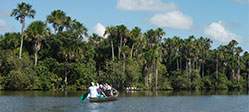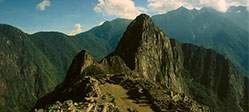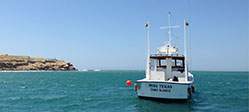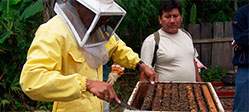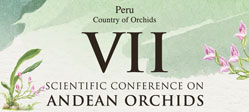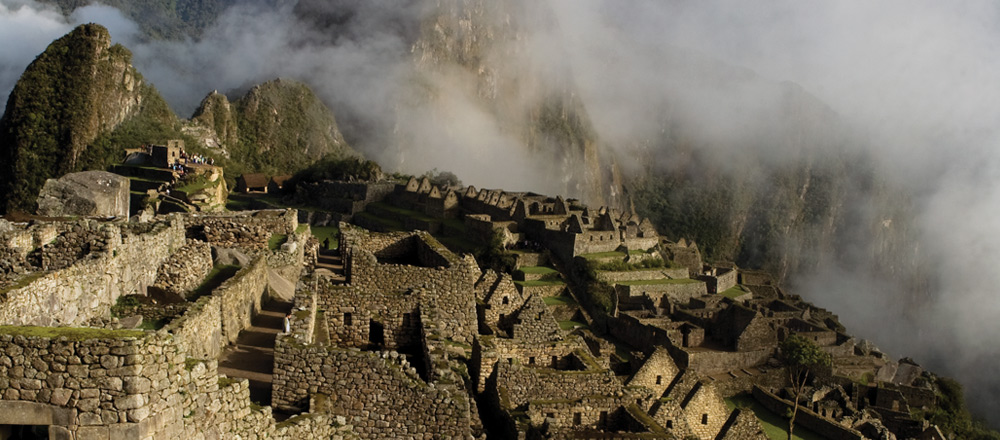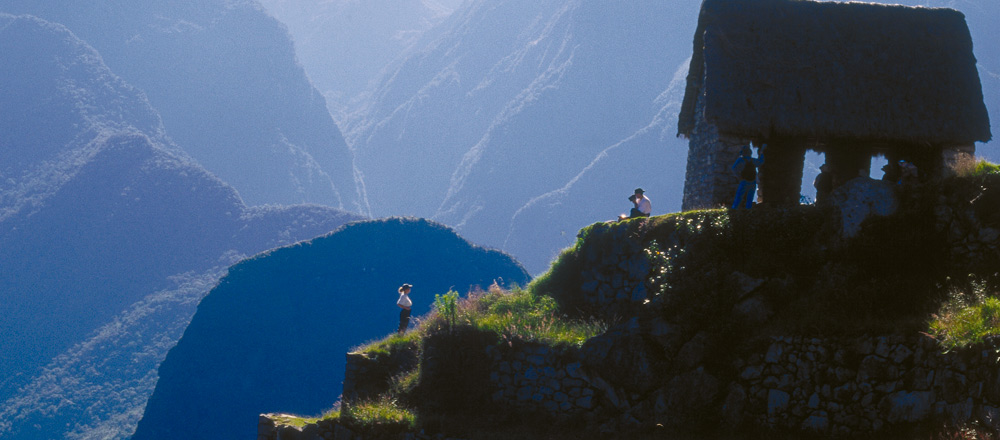Research > Cloud Forest > Sustainable Machu Picchu
Machu Picchu is established in a small deep valley, which can only be accessed by foot or train. Given the ever-growing tourism demand, its transport limitations and the lack of space for traditional composting, waste management grew into a serious issue. In 2016, UNESCO alerted the Inca citadel’s inclusion in its Patrimony at Risk list.
Committed to the Business and Biodiversity Pledge signed during the United Nations’ Convention on Biological Diversity (COP 20), Inkaterra Asociación in alliance with multinational beverage company AJE Group and the Machu Picchu Town Hall, designed an efficient solution to turn Machu Picchu into the first city of Peru and Latin America that responsibly manages most of its solid waste, in benefit of its cultural and natural heritage.
Hence, one of the Seven Wonders of the Modern World is now perceived as a sustainable destination – an successful case study of waste management for ecotourism worldwide.
Plastic Compacting
In 2017, Sustainable Machu Picchu’s first initiative took place – the donation of a compacting machine to process 7 tons of plastic waste daily, transported by train to recycling plants in Cusco.
This Project was essential to solve the waste management crisis in Machu Picchu, avoiding its inclusion into UNESCO’s Patrimony at Risk list.
Additionally, Inkaterra and AJE donated to the Natural Protected Area and National Park Service (SERNANP) a PET compacting machine to clean and recycle plastic waste throughout the Inca Trail, South America’s best known trekking route.
Biodiesel Production
The Biodiesel and Glycerin Production Plant opened in 2018 within the grounds of Inkaterra Machu Picchu Pueblo Hotel.
With the collection of used cooking oil from homes, lodges and restaurants in Machu Picchu, 20 gallons of biodiesel are produced on a daily basis. Each month, six thousand liters of used oil are processed, avoiding its spillage in the waters of Vilcanota River.
According to studies, one liter of used oil pollutes one thousand liters of water. Thus Inkaterra promotes the donation of used oil among homes, hotels and restaurants throughout Machu Picchu Pueblo. Local biodiesel production reduces the use of fossil fuels, as well as the carbon footprint due to fuel transportation from Lima to Machu Picchu (1150km).
Additionally, petrochemical-free glycerin obtained from this process is donated to the Machu Picchu Town Hall to clean its sidewalks and stone floors.
Organic Waste Treatment
The strategic alliance between Inkaterra Asociación, AJE Group and the Machu Picchu Town Hall opened the first Organic Waste Treatment Plant.
This innovative technology commissioned to Grupo Alimenta, has the capacity to process eight tons of organic waste each day through pyrolysis – chemical decomposition at high temperature in absence of oxygen. This process turns waste into bio-char, a natural fertilizer that contributes to the reforestation of the Andean cloud forest as well as agricultural productivity in Machu Picchu.
In that sense, the pyrolysis plants enhances a process with local utility, avoiding transportation costs. The initiative is not only sustainable but profitable for the municipality, as the production costs in situ are lower than bio-char’s market value.
Sustainable Machu Picchu is replicable initiative that managed to raise environmental awareness among the local community, which nowadays segregates most of its waste in its place of origin. In 2018, the initiative to turn Machu Picchu into a global model of sustainability was awarded in Germany with the prestigious Die Goldene Palme in the “Responsible Tourism” category, as well as the Peruvian award Líderes + 1.



